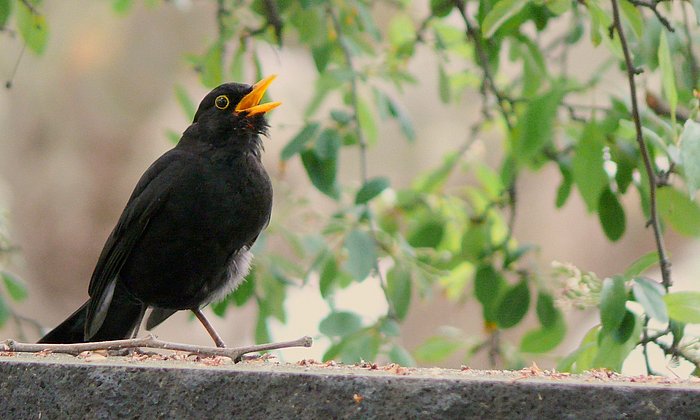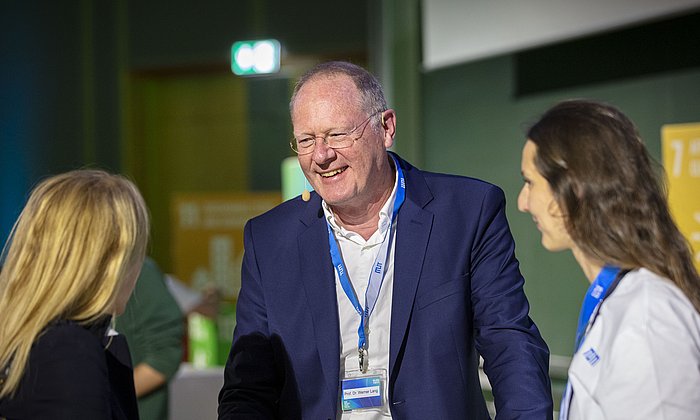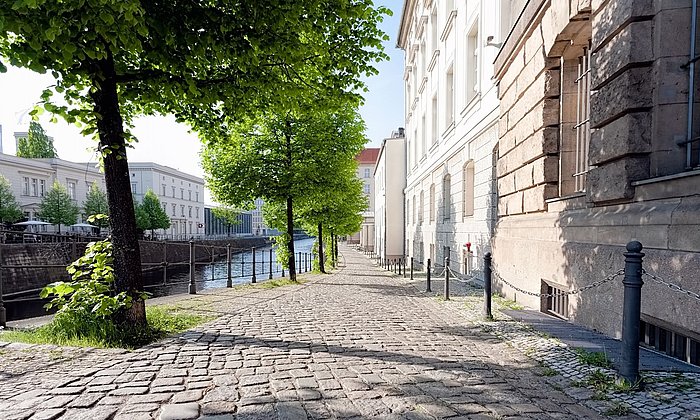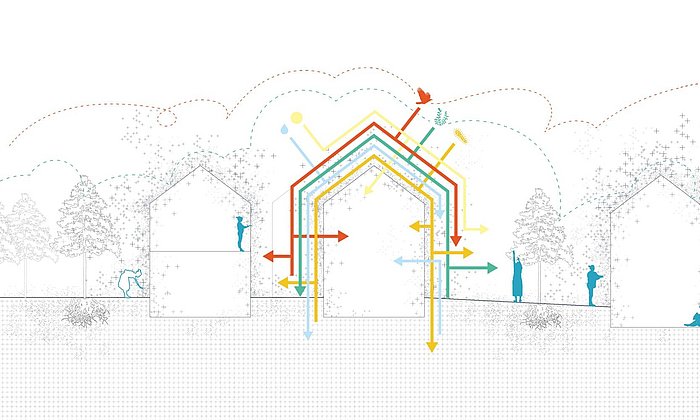NewIn: Anne Rademacher
Sustainability requires social equity
When we think of sustainable cities, we think of green spaces and vertical farming, e-mobility and solar systems. Anne Rademacher's starting point is different: "I'm not asking about green roofs, but about the quality of our social interaction,“ she says. "People can‘t take responsibility for the environment unless they can take care of each other."
After graduating in environmental studies, Anne Rademacher completed her PhD in cultural anthropology and environmental sciences at Yale University in 2005. She then worked in the field of international development for many years, including times of conflict, in locations such as Kathmandu in Nepal. In crisis situations like those, she says, the link between social justice and sustainable urban development becomes particularly clear: "For me, therefore, the key to more sustainable cities always lies in promoting solidarity and social equity." At TUM, she now aims to develop tools and methods to research the relationship between sustainability and social practices and make this connection clearer.
Developing independent questions
"As a professor and researcher, I have the freedom to ask my own questions," she says. "If I think a topic really makes a difference, it's my job to find out more about it. That's also how I see my role as a teacher: I want to empower students to develop their own questions and find creative answers to them."
Anne Rademacher's research topics range from migration and urban housing rights to the social and material practices of environmental architecture. She is also interested in urban rivers and waterways. "I grew up in Pittsburgh, a city between three rivers," she says. "Later, rivers also became an important part of my research. I worked for several years in Kathmandu, Nepal, trying to understand the connections between river restoration and social transformation. I found the two to be much more tightly linked than we usually assume.“ For Rademacher, rivers and waterways are important nerve centers of cities: In addition to supplying water and being used for transport, rivers like the renaturalized Isar contribute to the quality of life in cities.
However, that was not her main reason for accepting the appointment in Munich: "TUM is part of a vibrant community of environmental researchers in Munich, and an internationally renowned center for environmental research. In tandem with its unique range of subjects, it is the ideal place for me to conduct research and teach about sustainable urban spaces."
- Anne Rademacher was Professor of Environmental Studies at New York University. There she co-convened the Ecologies of Urbanism Network, which brings together environmental researchers and practitioners of urban environmental transformation in Asian cities. She is also co-founder of the NYU Urban Greening Lab, an interdisciplinary teaching and research consortium. Anne Rademacher has been a professor at the TUM School of Social Sciences and Technology since 2024.
- Ale episodes of the video series "NewIn".
This article was published in the 01/2025 issue of the new TUM Magazine.
Technical University of Munich
Corporate Communications Center
- Andreas Schmidt
- a.schmidt@tum.de
- presse@tum.de
- Teamwebsite
Contacts to this article:
Prof. Dr. Anne Rademacher
Professorship
Sustainable Urban Environments
TUM School of Social Sciences and Technology





